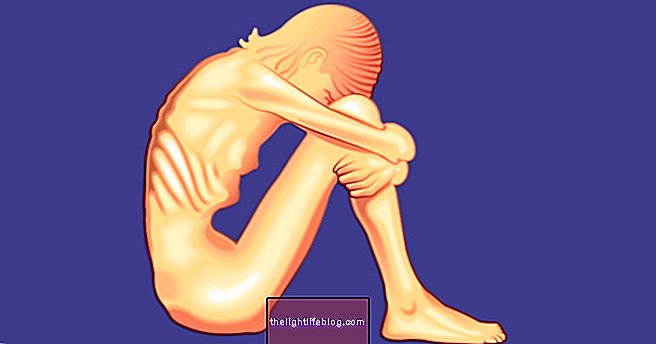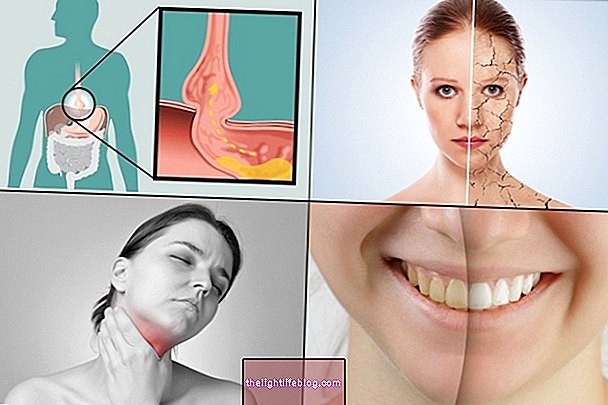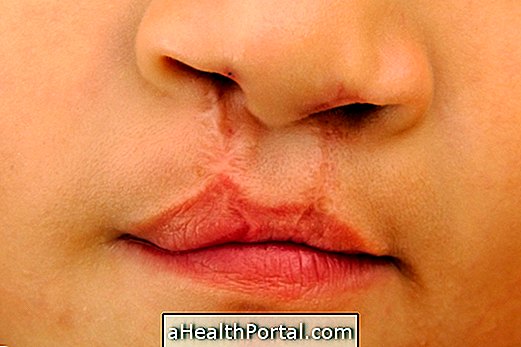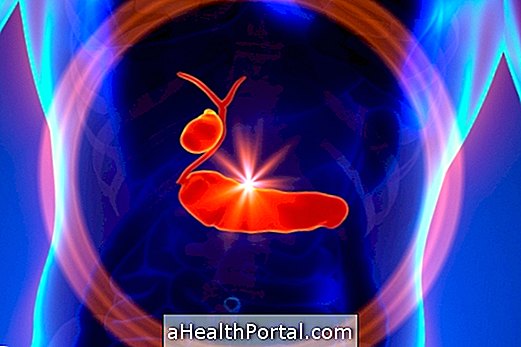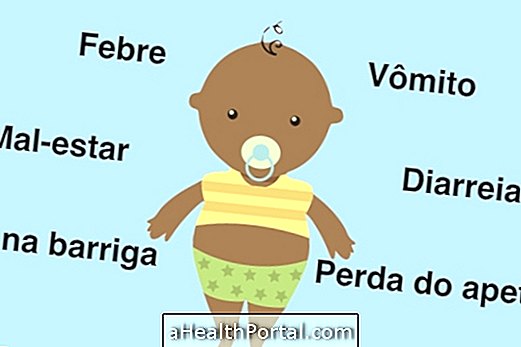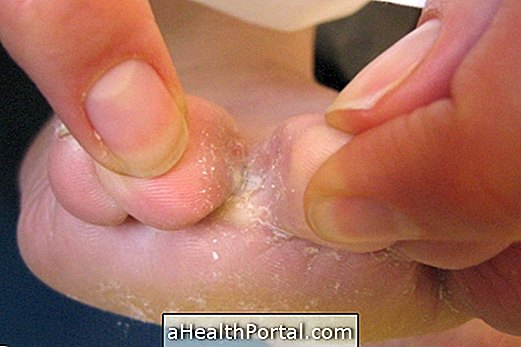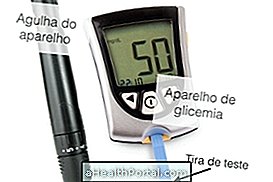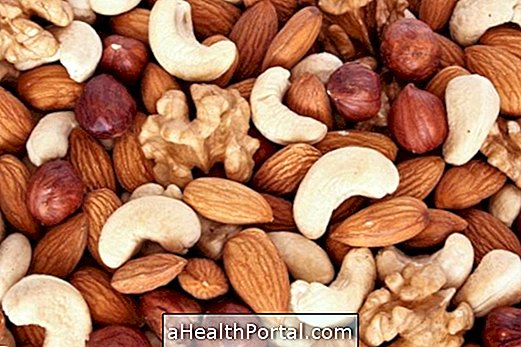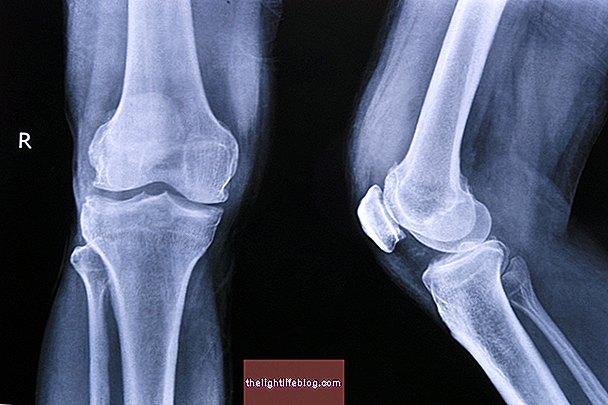Bulimia is an eating disorder characterized by binge eating and excessive concern with weight gain, which leads to the appearance of compensatory behaviors after meals to prevent weight gain, such as forced vomiting or the use of laxatives.
Most cases of bulimia occur in girls and, in addition to excessive concern with weight gain, the person may also have low self-esteem, frequent changes in mood and feeling of anguish and anxiety after meals.
Bulimia is a disorder that directly impacts the quality of life of the person and the family, as it generates anguish and concern due to their behavior. Therefore, it is important that when any sign indicating bulimia is perceived, the person receives support from family members and is accompanied by a nutritionist and psychologist in order to improve their quality of life and avoid symptoms related to bulimia.

Bulimia symptoms
The symptoms of bulimia can be physical, psychological and behavioral, the main one being binge eating followed by compensatory behaviors due to fear of gaining weight, such as going to the bathroom frequently during and after meals, in addition to inducing vomiting. Other signs and symptoms that may be indicative of bulimia are:
- Regularly use laxatives, diuretics or appetite suppressants;
- Excessively exercise;
- Eat large amounts of hidden food;
- Feelings of anguish and guilt after overeating;
- Do not put on weight despite eating a lot;
- Frequent inflammations in the throat;
- Recurrent appearance of dental caries;
- Callosity on the back of the hand;
- Abdominal pain and inflammation in the gastrointestinal system often;
- Irregular menstruation.
In addition, it is also possible for the person to show signs and symptoms of dehydration and malnutrition, which happens as a consequence of the habits related to the disorder, in addition to depression, irritability, anxiety, low self-esteem and excessive need for calorie control.
In bulimia the person usually has the appropriate weight or is slightly above the ideal weight for age and height, unlike what happens in anorexia, which is also an eating and psychological disorder, however the person is underweight for their age and height, and usually you are always overweight, which leads to dietary restrictions. Learn how to differentiate between bulimia and anorexia.
Main causes
Bulimia does not have a definite cause, however its occurrence is often related to the cult of the body, which can be directly influenced by the media or by the behavior of family and close friends, for example.
Because of this, many times the person interprets that the body they have is not ideal and they start to "blame" them for their unhappiness, thus avoiding weight gain as much as possible. For this, they usually eat what they want, but shortly thereafter, due to the feeling of guilt, they end up eliminating so that there is no weight gain.
How treatment should be
Due to the fact that bulimia is a psychological and eating disorder, it is important that the person is accompanied by a psychologist and a nutritionist, mainly, so that the reeducation of food can be initiated and the development of a healthier relationship with food is encouraged. avoid compensatory behavior.
In addition, it is often necessary to take supplements of vitamins and minerals, as well as some antidepressant remedies and / or to help prevent vomiting. In severe cases, hospitalization or specialized clinics for the treatment of eating disorders may be necessary. Understand how the treatment for bulimia should be.
Was this information helpful?
Yes No
Your opinion is important! Write here how we can improve our text:
Any questions? Click here to be answered.
Email in which you want to receive a reply:
Check the confirmation email we sent you.
Your name:
Reason for visit:
--- Choose your reason --- DiseaseLive betterHelp another personGain knowledge
Are you a health professional?
NoMedicalPharmaceuticalsNurseNutritionistBiomedicalPhysiotherapistBeauticianOther
Bibliography
- NATIONAL EATING DISORDERS COLLABORATION. Nervous bulimia. Available in: . Accessed on 06 Dec 2019
- CONTI, Maria Aparecida. Anorexia and bulimia - perfect body versus death. The World of Health, São Paulo - 2012; 36: 65-70. Vol 36. 1 ed; 65-70, 2012
- CARMO, Cristiane C .; PEREIRA, Priscila M. L .; CÂNDIDO, Ana Paula C. Eating Disorders: a review of the etiological aspects and the main clinical complications. HU Magazine. Vol 40. 3rd ed; 173-181, 2014
